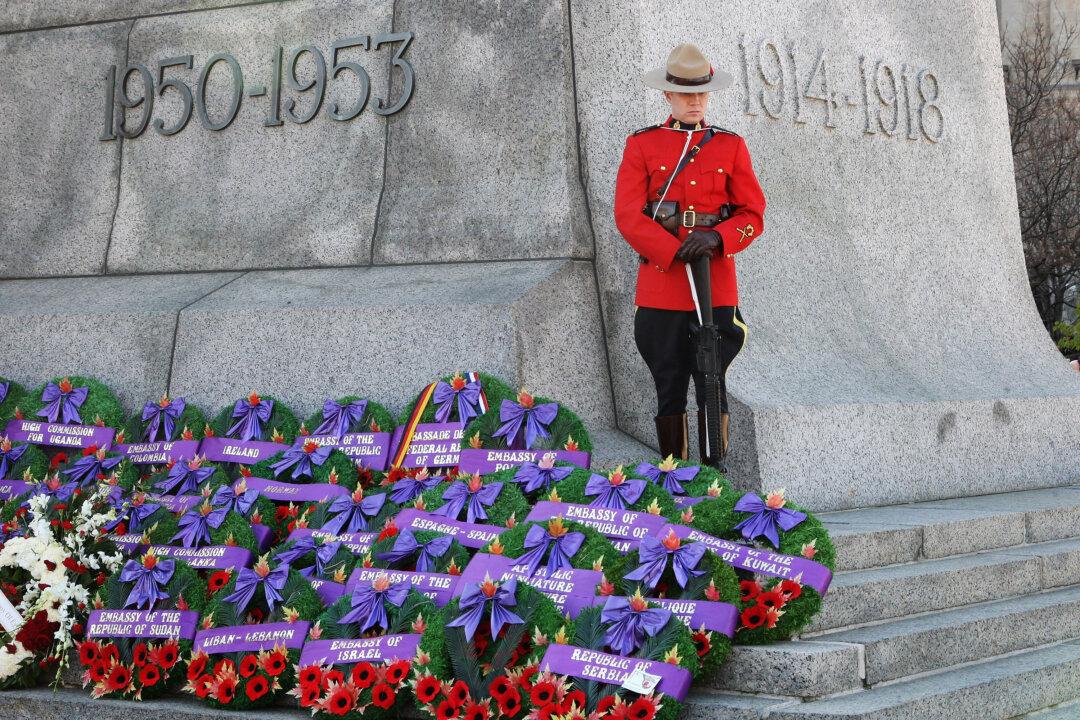Commentary
It is now five years since Don Cherry was fired by Rogers Sportsnet for comments he made regarding the need for Remembrance Day to be more fully embraced by newcomers to Canada.

It is now five years since Don Cherry was fired by Rogers Sportsnet for comments he made regarding the need for Remembrance Day to be more fully embraced by newcomers to Canada.